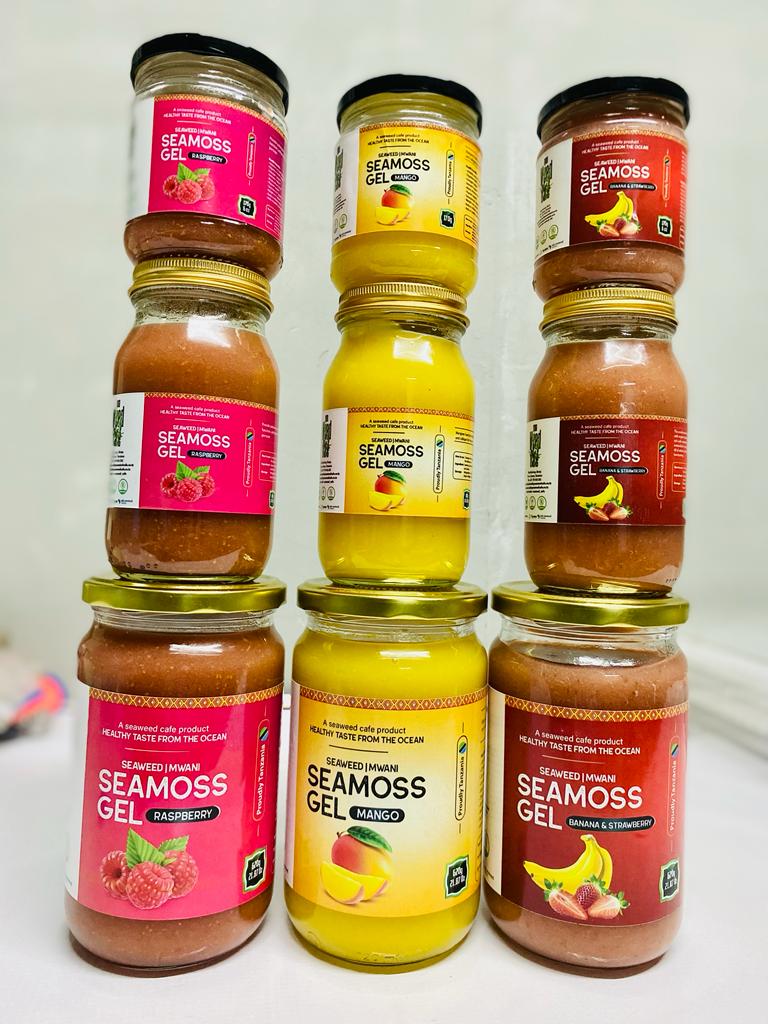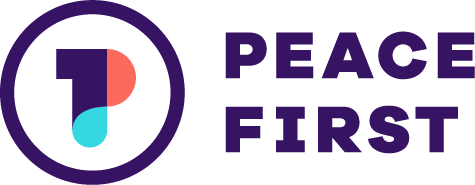From Sea to Plate: Empowering Women and Promoting Nutrition through Seaweed in Tanzania
Growing up in the coastal city of Dar es Salaam, I was surrounded by the beauty of the ocean, which inspired me to pursue a Master’s degree in Marine Sciences at the University of Dar es Salaam. In 2020, I joined a research team to study the effects of climate change on seaweed production in Zanzibar. Beyond the science, I was deeply moved by the lives of the women seaweed farmers. Out of 25,000 farmers in Zanzibar, 80% were women, most of whom relied entirely on seaweed farming as their source of income.
During the COVID-19 pandemic, the World Health Organization emphasized consuming immunity-boosting foods, including seaweed. This sparked my curiosity: how many of these women knew about the nutritional value of the seaweed they were farming? Through on-the-ground research, I discovered that while Tanzania is Africa’s largest seaweed producer, 99% of the crop was exported, leaving less than 1% for domestic use, primarily in cosmetics. Alarmingly, most farmers were unaware of seaweed’s nutritional benefits, despite it being packed with 92 of the 102 essential organic minerals required by the human body.
Seaweed is highly nutritious, yet there was a lack of innovation to integrate it into local diets, particularly in low- and middle-income communities across Africa. This realization led to the creation of Healthy Seaweed Co. Limited in 2020, which started from the backyard of my kitchen. My husband and I began small, blending seaweed with home equipment, purchasing raw materials with personal savings, learning from YouTube, and marketing our products through an Instagram page. Our vision was clear: to produce high-quality, affordable, and nutritious seaweed-based foods that promote healthy living while improving the lives of women seaweed farmers.

In 2022, we secured a $25,000 grant from the United States African Development Foundation (USADF) to establish Tanzania’s first seaweed processing facility for food. Since then, we have developed 13 innovative product lines, making us the most diverse seaweed-for-food producer in Africa. We have reached over 10,000 people across six African countries and exported to five Western nations.
Our impact extends beyond products. We partnered with 130 women seaweed farmers in Zanzibar, Kilwa, Lindi, and Mtwara, providing them with a consistent market and training in value addition. Their income increased from $30 to $80, improving their living standards. Along the value chain, we created 12 direct jobs for youth and 158 indirect jobs, empowering individuals to support their families better.
What motivates me is the untapped potential of seaweed in addressing malnutrition and non-communicable diseases, which account for 40% of deaths in Africa. Seaweed farming, championed by women, is also the fastest-growing sector of Tanzania’s blue economy, offering opportunities to create jobs and drive innovation. These factors inspire me to continue this journey with a vision to reach one million people with seaweed products and improve the farming and living conditions of 1,000 seaweed farmers by 2030, contributing to a healthier, more sustainable food system.

